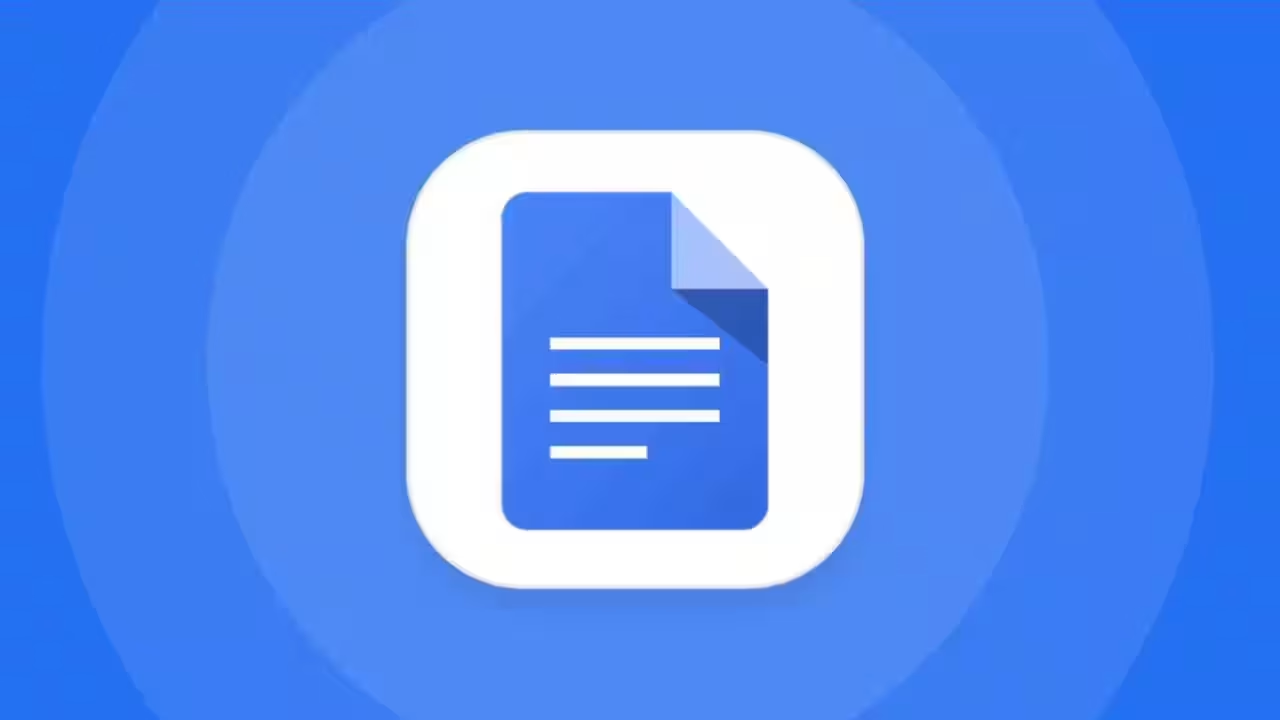Google Docs Rolls Out Gemini AI Source Grounding for Enhanced Accuracy
Google Docs has officially commenced the rollout of its highly anticipated source grounding feature for Gemini AI, a significant enhancement aimed at boosting accuracy and trust in AI-generated content. This development, which began making its way to Google Workspace users in late October 2025, directly addresses the persistent issue of AI "hallucinations" by tying Gemini's outputs to specific, user-provided sources. It's a game-changer for anyone relying on AI for factual content, from professionals crafting reports to students summarizing research.
This update integrates directly into Google Docs, allowing users to leverage Gemini for tasks like generating summaries, expanding text, or creating tables, all while ensuring the AI's responses are rooted in uploaded documents or linked web sources. Think about it: no more second-guessing if the AI pulled a fact from thin air. The feature provides inline citations, offering immediate transparency and enabling users to quickly verify information against the original material. And that, frankly, is huge for credibility.
Bolstering Trust and Combating AI Inaccuracies
The move towards source grounding marks a crucial step in making AI a more reliable partner in productivity. Before this rollout, Gemini, like many large language models, could occasionally produce plausible-sounding but factually incorrect information. This new capability, powered by Gemini 1.5 and later models, dramatically reduces those inaccuracies. Based on Google's own benchmarks, it can improve factual recall by 30-40% when compared to ungrounded generations.
For professionals in fields requiring high accuracy, such as legal, research, or journalism, this feature is invaluable. It essentially transforms Gemini from a creative assistant into a research-backed collaborator, significantly cutting down on the time spent fact-checking. Google itself emphasized that source grounding "ensures AI outputs are directly tied to your content, providing inline citations for transparency and trust," making AI "more helpful for everyday work." It's an enterprise-grade solution that's now becoming widely accessible.
Availability and Initial User Impressions
The source grounding feature started its phased global rollout on October 31, 2025, becoming immediately available to Google Workspace subscribers, including Business Starter plans and higher, or those with the Gemini for Workspace add-on. Individual users can access it via the Gemini premium tier. Google expects full availability to all eligible users by mid-November, expanding to over 100 countries and supporting a vast array of languages.
Initial reactions from the tech community and early adopters have been overwhelmingly positive. Posts across social media platforms, like X (formerly Twitter), highlight its utility for research and report writing, with many users calling it a "game-changer." While some users have noted minor initial bugs, such as occasional citation formatting quirks, the general sentiment is that this feature significantly enhances the utility and trustworthiness of AI in Google Docs. Tech experts, too, have lauded it as a stride towards ethical AI, drawing favorable comparisons to similar, though often less integrated, offerings from competitors. It grounds the AI in reality, and that makes all the difference.
Technical Capabilities and Strategic Importance
Technically, Gemini in Docs can process up to 10 sources per document for grounding, with a capacity for up to 50 references per generation. The system is designed for speed, typically generating responses in under five seconds for documents up to 100 pages. Users also have the option for a "strict grounding" mode, which will outright reject generations if there isn't sufficient source backing. Plus, it's multimodal, meaning it can reference not just text, but also images and tables from your sources.
This update isn't just a minor tweak; it's a strategic play by Google to solidify its position in the AI-powered productivity space. By prioritizing verifiable, cited AI outputs, Google addresses a core concern that has held back broader adoption of generative AI in sensitive work environments. It distinguishes Gemini from more general-purpose AI tools, offering a robust, auditable solution that aligns with data privacy regulations like GDPR, particularly crucial for its extensive rollout in Europe and other highly regulated markets. This focus on reliability could well become a key differentiator, influencing enterprise and educational adoption rates in the coming months.
